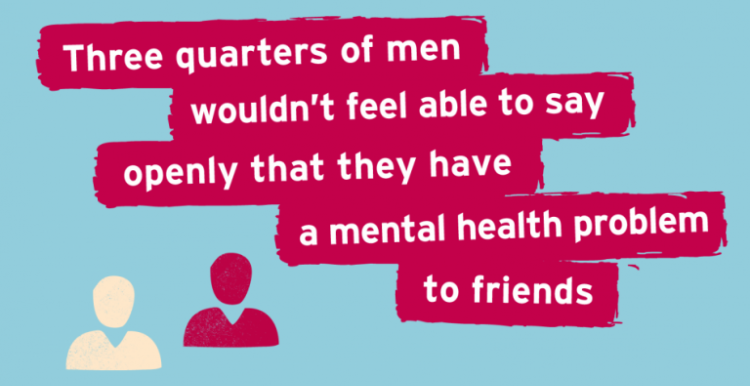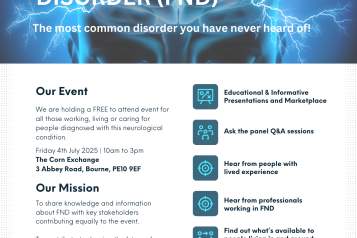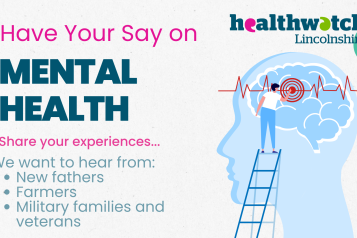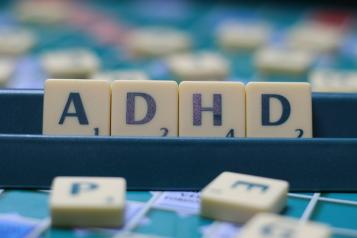Lincolnshire NHS trust determined to get men talking about mental health

November is recognised as Men’s Health Awareness Month and looks to raise awareness of specific types of male cancer, as well as promoting mental wellbeing.
Nationally, it is known that three times as many men die by suicide than women and the highest rates are in those aged between 40 and 49.
What’s more is that only 36 per cent of those being referred to NHS talking therapies are male.
In Lincolnshire, due to the many rural areas especially on the coast, there will be many unsure what help is available.
Lincolnshire Partnership Foundation NHS Trust (LPFT) wants to change all that and to get men talking.
“We know that many people living in rural areas, coastal towns and villages can be left feeling isolated,” said Dr Ananta Dave, Medical Director at LPFT.
“The nights are drawing in and that means there is less opportunity to get outside and be active, as well as meeting families and friends.
“With COVID still ongoing, there will be many others who don’t feel comfortable travelling to busier towns and cities or accessing groups and activities that they may have previously done - all of which are factors that can lead to a decline in a person’s mental health.
“In Lincolnshire we offer an array of mental health services and believe that suicides can be prevented with the right help and support.
“It is vital that we all play our part in helping one another. If you see someone you think could be struggling please reach out and signpost them to the mental health services we have here in Lincolnshire.”
LPFT offers a range of services for people needing help with their mental health.
There are 24/7 helplines available for adults and children and young people and their families, which can provide mental health advice, guidance and signposting.
The adult line can be reached on 0800 001 4331. Children and young people, or their families should contact the Here4you helpline on 0800 234 6342.
Anyone over 16 can also self-refer to our Steps2Change talking therapies by calling 0303 123 4000.
Meanwhile, the Recovery College provides educational resources to learn more about mental health. This service can be reached by calling 01522 518500.
Your local GP is also able to refer you to appropriate services for more specialist support.
There are also a wide range of other community groups and organisations that can provide activities and friendship to avoid isolation.
Visit www.lincolnshire.connecttosupport.org or www.lincsshine.co.uk to find out about local groups in the area.
We Are With You provide confidential support for people who use alcohol or drugs. Find out more at www.wearewithyou.org.uk
Key symptoms can be big mood swings, social withdrawal and excessive worry or anxiety.
You can view more about the services we offer and top tips for supporting mental wellbeing on our website at www.lpft.nhs.uk/accessing-support


